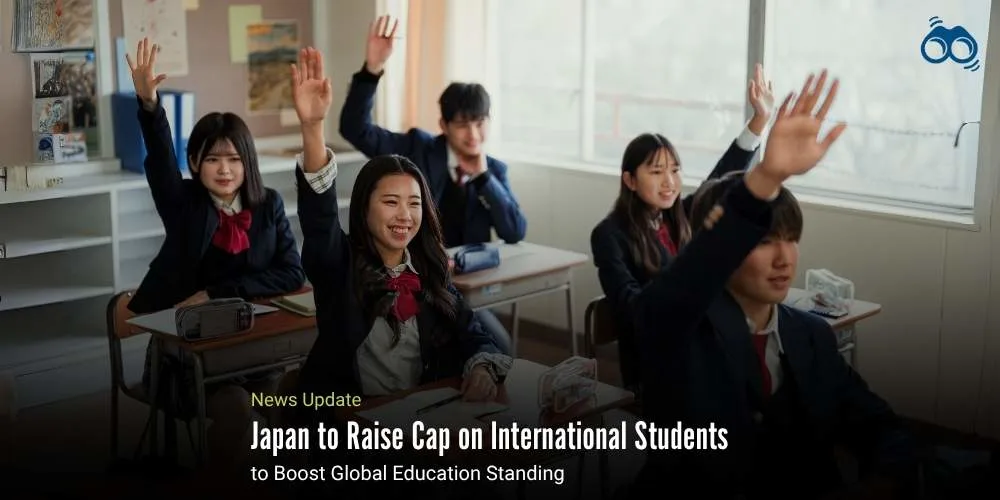Japan Prioritises Innovation and Global Collaboration in the Education Sector
Japan Strengthens Global Education Drive with Strategic Reforms
Japan has consistently acknowledged the vital role of education in advancing national growth, fostering innovation, and promoting international cooperation. Consequently, in recent years, the government has intensified its efforts to enhance the performance of universities, strengthen global partnerships, and align education policies with international standards. As a result, these reforms reflect a firm commitment to improving the quality, accessibility, and global reputation of Japan’s education system, thereby ensuring its continued contribution to the country’s social and economic development within an increasingly interconnected world.
Building on this momentum, the Japanese government has now announced a strategic initiative aimed at further strengthening the global competitiveness of its higher education sector. In pursuit of this goal, universities, colleges, and specialised institutions may be permitted to expand their intake of international students, with implementation potentially beginning in the next academic year. Currently, enrollment limits, including those for overseas students, are determined by factors such as institutional capacity. Institutions that exceed these prescribed thresholds are subject to penalties, notably a reduction in state subsidies. To address this constraint, the Ministry of Education, Culture, Sports, Science and Technology (MEXT) is reportedly preparing to raise the enrolment cap by five percentage points, provided certain conditions are met, such as maintaining academic quality and ensuring adequate support services for students.
Furthermore, it has been indicated that applications for this adjustment could be accepted as early as later this year, with the revised limits anticipated to take effect from April of the forthcoming academic year. This policy shift aligns with Japan’s broader efforts to internationalise its education system, attract global talent, and foster cross-cultural academic exchange. Officials have emphasised that the measure is intended to elevate the international profile of Japanese higher education institutions and to enrich the learning environment for domestic students by promoting diversity and global engagement. This reform underscores Japan’s commitment to cultivating a more inclusive and globally competitive academic landscape.
Editor’s Note:
Japan’s education system is known for its high standards, strong institutions, and focus on academic success. In recent years, the country has made important changes to improve how its universities compete globally. These steps show Japan’s aim to make its higher education more international, innovative, and in line with global expectations. The government is working to bring in more international students, support partnerships between universities and industries, and invest in better research facilities. While Japan has always done well in subjects like engineering, science, and technology, these new efforts are helping universities grow in many other areas, too. Top universities like the University of Tokyo, Kyoto University, and Osaka University still have strong global reputations. But Japan’s current focus is to raise the quality and global reach of its entire higher education system.
Skoobuzz underscores Japan’s forward-looking approach to educational reform and highlights how these efforts reflect a deeper national vision. These changes show that Japan sees education not only as a foundation for personal and academic success but also as a key driver of national growth, future economic stability, and active participation in the international community.














0 Comments (Please Login To Continue)